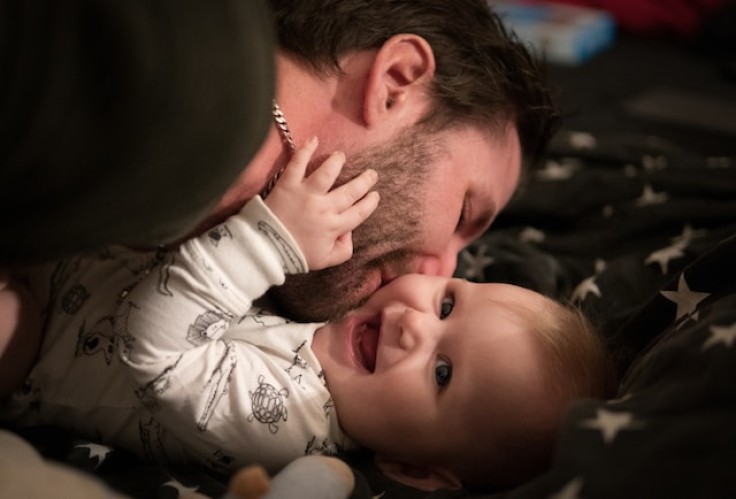
The joys of welcoming a new baby are plentiful, but so are the challenges. Late-night feedings, ceaseless crying, sleepless nights, and the added responsibility can be overwhelming, pushing some first-time fathers towards unhealthy coping mechanisms like excessive drinking.
Stockholm University's Insightful Findings
Yet, a 2023 study from Stockholm University's Department of Public Health Sciences offers hope. It reveals that new fathers who avail themselves of paternity leave are significantly less likely to be hospitalized for alcohol-related issues. After the introduction of the fathers' paternal leave policy in Sweden, there was a 34% reduction in such hospitalizations in the subsequent two years after birth, as stated by Helena Honkaniemi, the study author.
The comprehensive research, led by Honkaniemi and co-researcher Sol Juárez, underlines a vital fact: when novice dads get ample time to adapt to their new parenting roles without the additional stress of work, they are less inclined to resort to alcohol as a temporary escape.
While the initial days of parenting are unquestionably demanding, the authors emphasize the long-term benefits of providing "job-protected and adequately reimbursed parental leave." Such provisions not only help new fathers transition smoothly into their roles but also reduce their reliance on coping mechanisms like alcohol. Fathers who are more present at home tend to self-regulate their behaviors, diminishing leisure-time alcohol use.
Sweden has been a pioneer in promoting parental leave. Since its initiation in 1974, the percentage of paternity leave days availed by fathers has surged from a mere 1% to a whopping 30%. 1995 marked a significant year when Swedish fathers were entitled to 30 days of paid leave, which saw a leap in uptake from 43% to 75%. This also correlated with observable mental health improvements among these new dads.
Lasting Mental Health Advantages
In comparison, the US seems to lag behind in granting these privileges. The Family and Medical Leave Act (FMLA) in the US, while ensuring up to 12 weeks of unpaid parental leave, is contingent on several factors, leaving many without this essential support.
However, the emphasis isn't just on the duration but also on the quality of the leave. Paid leave ensures fathers aren't burdened with financial instability while navigating the rigors of new parenthood. It offers them an opportunity to find a balance between their roles at home and work, significantly reducing stress and associated health risks.
The study methodically observed over 220,000 first-time fathers in Sweden, tracking their alcohol-related hospitalizations and mortality from 1992 to 1997. The follow-ups over 18 years revealed a consistent pattern: reduced alcohol-related hospital visits among fathers who availed of paid paternity leave.
It's clear from the findings that beyond the immediate benefits, long-term mental health improvements are tangible among fathers who avail of paternity leave. Balancing work and family life can culminate in stress, leading to increased alcohol use as a coping strategy. With the buffer of paid leave, fathers find an avenue to reduce stress, subsequently reducing their reliance on negative coping behaviors.
It's not just about Sweden, though. The research also alludes to the potential benefits of such policies in the US. With evidence suggesting decreased risks of alcohol use among fathers in states offering paid leave, there's hope for broader policy changes.
Juárez, echoing the sentiment, calls for a global shift in perspective. She emphasizes that paternal leave isn't just about promoting gender-equal childcare participation but also about safeguarding the mental well-being of fathers. Policymakers worldwide, hence, need to recognize and act upon this dual benefit to foster healthier families.
Read also: Do Not Miss out on the Joys of Co-Parenting: Here's How to Effectively Utilize Paternity Leave